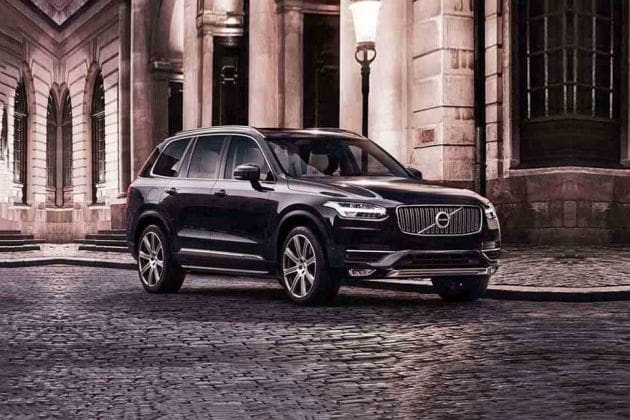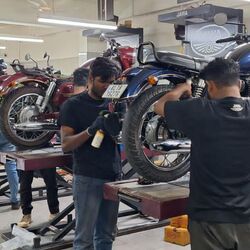Audi reveals why (& when) local assembly of EVs in India will make perfect sense
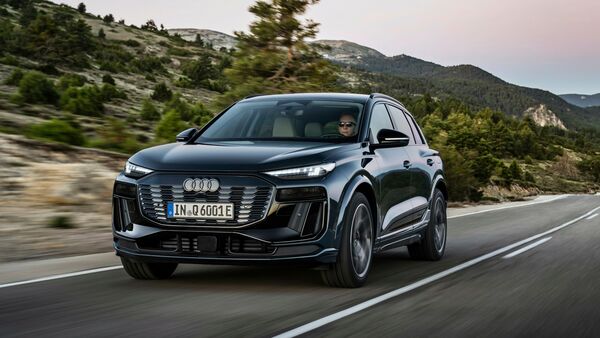

Audi AG VP of Sales Andre Konsbruck confirmed, in a sit-down interaction with HT Auto, that the brand will be considering local assembly of its EVs by 2028. “If you want to be competitive, local assembly is the only way forward given the import duty gap (15%-35% for locally assembled EVs and 70-110% for imported models. “Local assembly is a question of when, not if" said Audi India Head Balbir Singh.
Konsbruck said that the right time for local assembly would be around the time when the luxury car market in India reaches 100,000 units. As of January 2024, the size of the luxury car market, which has witnessed 20% Y-O-Y growth, is 42,721 units. “According to me, it would cross 100,000 by 2030, tripling by 2033" says Konsbruck, adding that the more premium end of this spectrum would see faster adoption. Speaking about the new EV policy incentivising new investment in local assembly, Konsbruck stated that any move that would promote the sales of premium EVs and expands the luxury EV market is welcome, provided the policy is fair. “My understanding is that any brand that is investing in local production, should be able to import models at 15% duty"
Also check these Cars
“Right now the market penetration is just 2% but that’s due to the fact that all our models are ₹1.2 crores and above. As we move into different price points we will be able to address potential buyers. Once that happens, market penetration will look up" says Balbir Singh.
Konsbruck stated that any local assembly plans made by Audi for the Indian market, will be made regardless of Porsche with whom the brand has jointly developed the new PPE platform. The same platform on which the new Q6 e-tron is built. Given India’s patchwork electricity supply, and therefore the likelihood of ICE powertrains finding an extended life in India, Konsbruck said that the brand would remain open to considering the possibility of localising the assembly of its ICE powertrains in the future as well, monitoring market trends and policy closely. He also confirmed that the last ICE powertrain to be manufactured by the brand will roll out in 2026, and will quite possibly have the longest lifespan of any ICE powertrain produced thus far.
New Audi models coming to India
Konsbruck confirmed that the all-new Q6 e-tron could reach Indian markets as early as the end of 2024 and no later than the first quarter of 2025. In its Annual Press Conference, Audi AG confirmed that it will be launching a total of 20 new models by the end of 2025, both BEVs and ICE.
Although neither Singh nor Konsbruck confirmed which models would be coming to India, the latter did; the brand is working on an affordable EV model that will sit below the Q4 e-tron which presently marks the entry-point to Audi EVs. Konsbruck also confirmed that the new ICE powertrains would include new RS models – Audi’s in-house performance tuning division – and that these would be more powerful than existing RS models. Konsbruck confirmed that the focus for the new ICE powertrains, be it RS-badged or otherwise, would be efficiency and lower CO2 emissions. For the RS-models, Konsbruck added that they drive the image of the brand in a big way, and need to be bolstered further. “A recent car buyer’s study revealed that people buy Audis for the design and the brand’s reputation" he said, adding that performance and acceleration also needs to be factored into the perception of the brand.
Konsbruck however, didn’t specify which RS models would come to India, stating that demand would determine which RS-powered model is best suited for the country. At present, Audi sells only the RSQ8 and the RS e-tron GT in the country. “If it’s just 30 units per year then its difficult" said Konsbruck.
Singh elaborated that introducing niche products comes with the responsibility of providing an extensive parts and service network along with training manpower to work on high-end models. Therefore the investment must be justified.
The future of Audi
Konsbruck and Singh both remained very clear that the future of Audi is undoubtedly and unequivocally electric. At a time when rival brands like Mercedes-Benz have extended the deadline for producing ICE vehicles to 2035, Konsbruck claims that the brand will phase out its ICE vehicles by 2033. However, Konsbruck added that the brand will be monitoring individual markets and policy fluctuations before reiterating that Audi will go all-electric.
“By 2025, Audi is to launch a whole new range of ICE vehicles, and we see them easily running for the next seven years. Should policy in certain markets favour these powertrains running for a bit longer, they can go on for over 10 years" said Konsbruck confirming that the upcoming range of ICE powertrains will be the last ones to be developed by Audi.
Both confirmed that things can only look upward for Audi which presently has a five-and-a-half year-old portfolio and the next year will bring a lot of new models for the country. “We will have a full range of vehicles. And yes, by 2028, we will have them localised" Konsbruck confirmed.







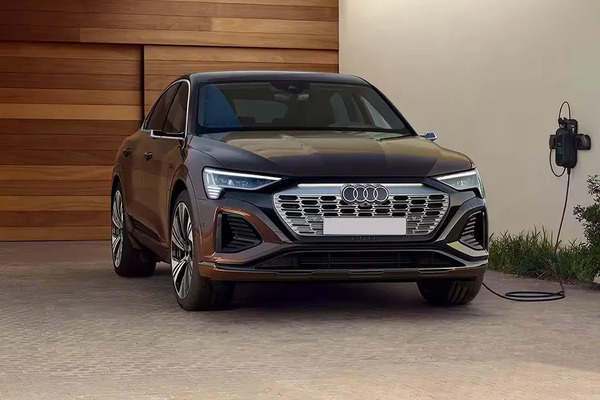
 114 kWh
114 kWh 600 Km
600 Km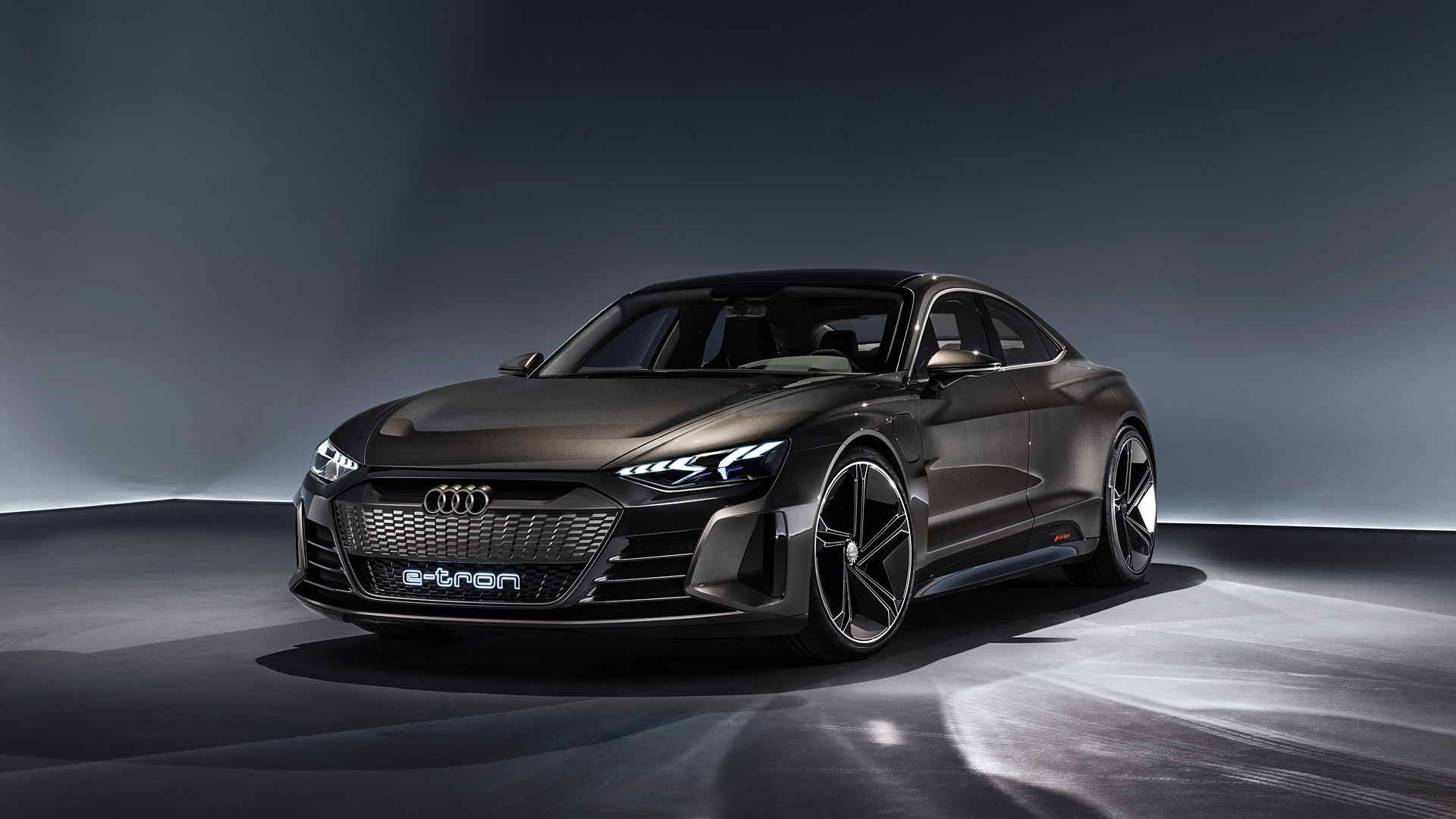
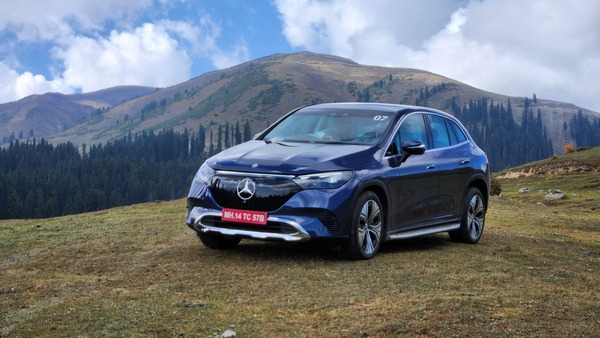
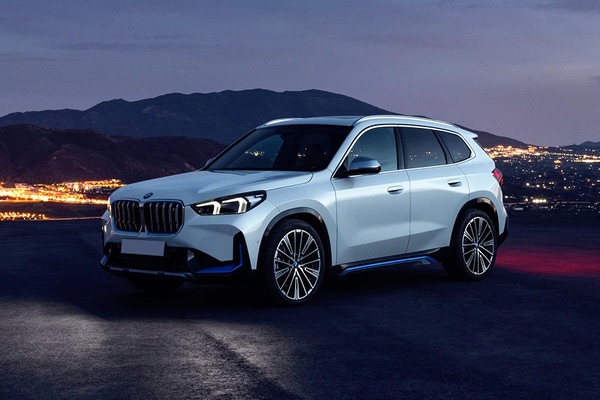
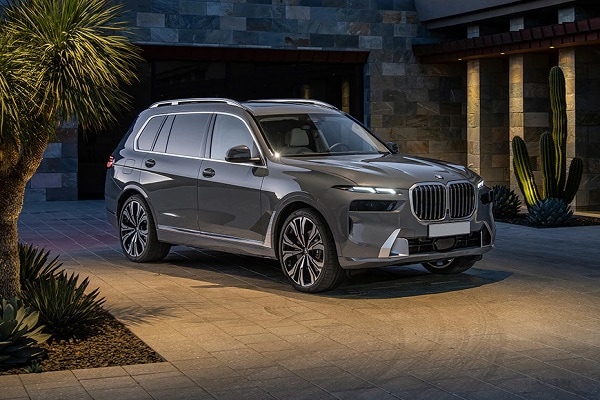
 2998 cc
2998 cc Multiple
Multiple